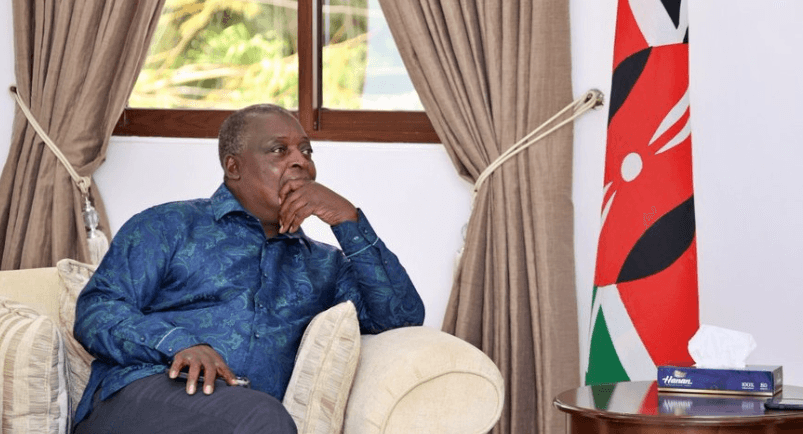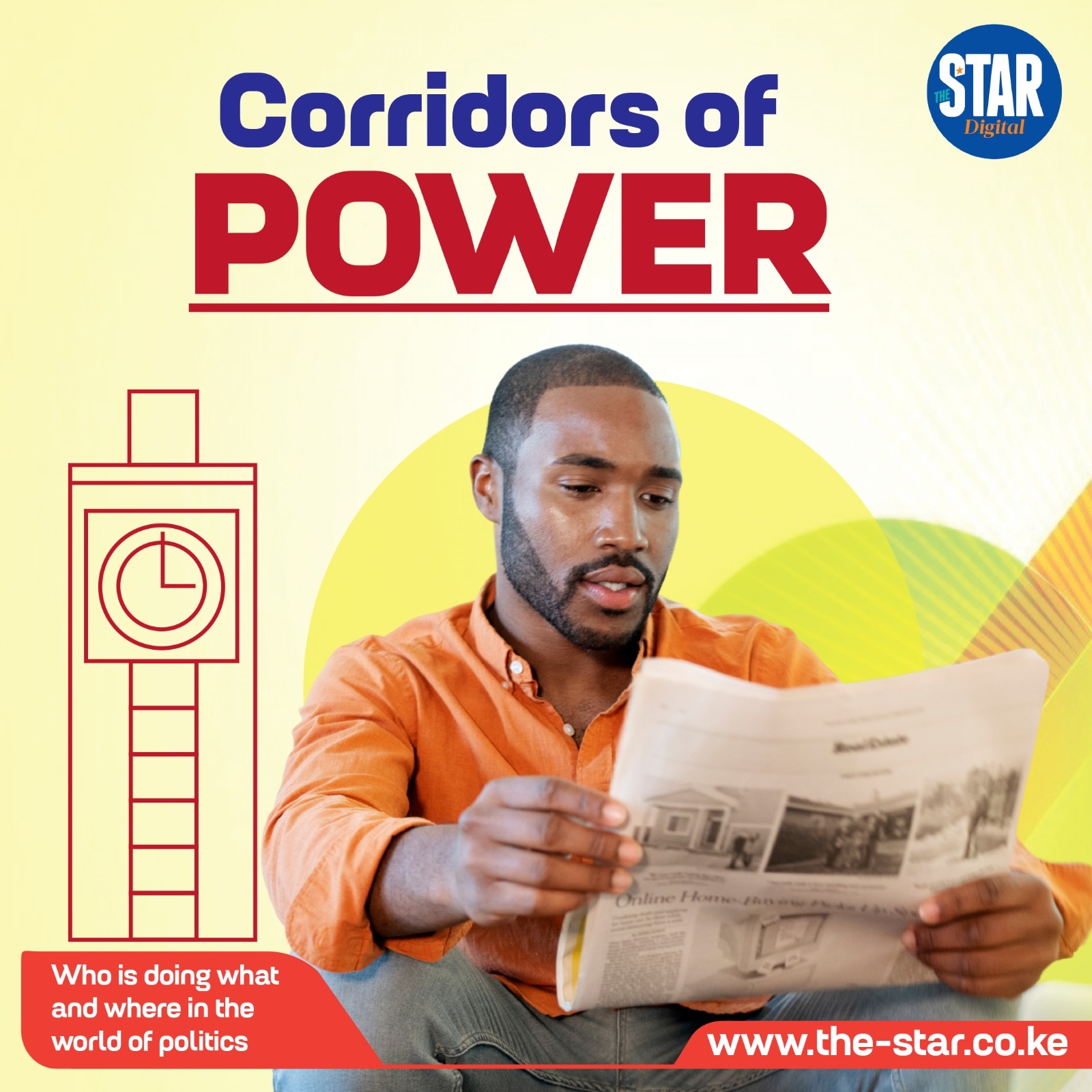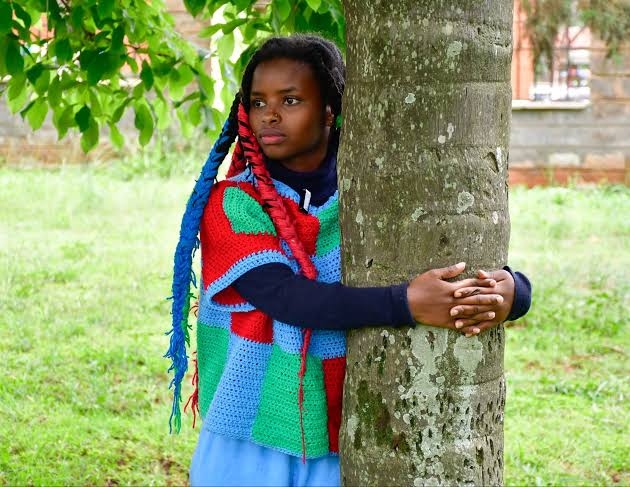Deputy President William Ruto has been having a series of meetings with leaders drawn from eleven counties from the Mt Kenya region regarding the 2022 succession politics.
The DP met with Mt Kenya leaders between April 30 and May 2 this year over the political partnership in the country.
During the meetings, they noted that the partnership that was created in 2012/2013 was premised on two fundamental principles:
1) To transition our country from the shackles of ethnic mobilization that bred division and hate to a new political paradigm centered on national, all-inclusive consensus with an all-encompassing development agenda,
2) To make political competition issue-based with tangible and measurable development outcomes.
The DP said that it is on the two platforms that the current Jubilee administration has proceeded from 2013 to date.
“As we focus on the future, it is necessary to appreciate and evaluate many successes, challenges, and shortcomings and plan the future accordingly,” Ruto said in a statement.
He said that from the experience of the past nine years and building on the foundation that has been laid, it is necessary to progress in two fundamental ways, which are:
"On this non-ethnic, non-regional, and non-divisive political foundation, it is absolutely necessary to proceed to a conversation about ordinary Kenyans, the Hustlers - the traders, boda boda, mama mboga, farmers, pastoralists, wheelbarrow, taxi-drivers, and mkokoteni owners among others – a new conversation that is not about leaders, their positions, their ambitions, and their private and personal interests.
He continued that:
“We must engineer a fundamental paradigm shift from the perennial politics of personalities, positions, and power to a candid, open, and frank engagement with the people on the economy, their aspirations and their future. Over the years, political positions have been created, power has been shared this way and that way, leaders’ interests have been catered for but this has not improved the lot of the overwhelming majority of Kenyans. The solution is definitely elsewhere: A new political conversation about ordinary people, not leaders and a new bottom-up economic model, not trickle-down economics!”
Ruto said that it is time that the country acknowledges both the ethnic political model and trickle-down economics continue to impede the country’s full political, economic, and social development potential.
“Many Kenyans imprisoned in ethnic political ghettos disguised as political parties and chaperoned by tribal kingpins are denied the opportunity to participate meaningfully in the political processes that make critical decisions about their future.”
He said that the trickle-down model excludes millions of citizens from the economic mainstream thereby denying them the opportunity to realize their full potential.
“This model has failed to create enough jobs, expand opportunities and bring prosperity. Instead, it has fostered a hostile environment that has made it difficult for enterprise, trade, business, creativity, and initiative to thrive. Today, the number of excluded Kenyans is in the order of 10 million, half our national workforce. A country that leaves half its people behind cannot go far.”
He said that the bottom-up economic model will be comprehensive, people-centered, time-sensitive, and innovative.
“It is, therefore, our collective and patriotic duty as citizens, in our various capacities – professionals, workers, leaders - to work together and fashion the best possible future for ourselves and our children.”
“This process of engagement and consultation has kicked off with a meeting of a committee of leaders representing 11 counties from the Mt. Kenya region. We have had a robust, extensive, frank, and candid engagement on the single most important destiny-changing discussion in our country’s economic history.”
He said the engagement will progressively cover all counties, all regions, and all sectors of our economy, adding that his team has planned similar engagements and consultations with Western, Northern, the Coast, Nairobi, Eastern, Nyanza, and Rift Valley regions.
The DP added that this conversation would culminate in a national economic charter that embodies aspirations of, and commitments to Kenyans at the grassroots and especially the hustlers at the fringes of the country’s economic life.















